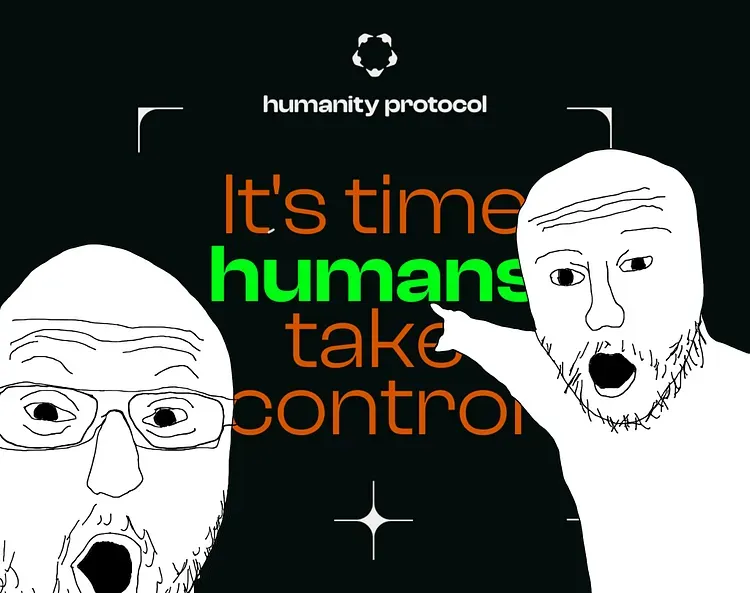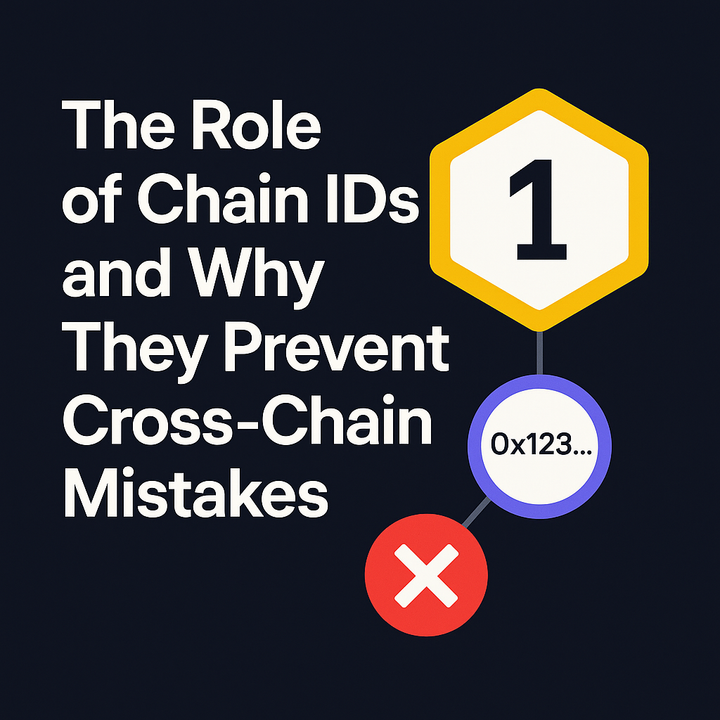Redefining Airdrops: How Humanity Protocol Secures Fair Web3 Distribution

The rapid evolution of Web3 technologies has brought decentralization to the forefront, promising greater equity and transparency. However, the surge of innovative solutions has also unveiled critical vulnerabilities, especially in token distribution mechanisms like airdrops.
Traditional airdrops, designed to reward early adopters and build communities, have been plagued by bot exploitation and Sybil attacks, where individuals use multiple wallets to claim excessive rewards. The Humanity Protocol, with its Proof of Humanity (PoH) system, aims to disrupt this cycle and set a new standard in the Web3 landscape.

The Problem: Exploitation in Traditional Airdrops
Airdrops once served as a cornerstone of blockchain adoption, offering tokens to early participants or loyal users. However, their popularity led to significant exploitation, which includes:
- Sybil Attacks: Bad actors create multiple wallets to unfairly claim a disproportionate share of rewards.
- Bots: Automated programs overrun the process, diluting the intended community benefits.
- Dumping: Exploiters often sell tokens immediately, driving down market value and undermining project credibility.
The result has been a loss of trust in airdrops, leaving projects searching for more secure and sustainable distribution methods.
Also Read: Zootosis Explained: What Are Secondary Assets?
The Humanity Protocol Solution
The Humanity Protocol introduces the concept of Fairdrops, which leverage Proof of Humanity (PoH) to create a more secure and equitable system:
1. Unique Human IDs: Participants register through email, social media, or wallets, and later verify their identities using advanced biometrics like palm vein scans. These measures ensure every participant is a real, unique individual.
2. Sybil Resistance: By tying token distribution to verified human identities, the protocol eliminates the possibility of bots or multiple accounts claiming unfair rewards.
3. Privacy-Focused: Unlike traditional KYC (Know Your Customer) systems, PoH uses cryptographic proofs and biometrics without revealing sensitive personal information, preserving user privacy while ensuring authenticity.
Also Read: Climb the Mitosis Sensei Ladder: Earn Raffle Tickets, Vault Boosts & $MORSE Rewards
Humanity Protocol doesn’t just stop at token distribution. By introducing verified Human IDs, it lays the groundwork for a decentralized digital identity system. This system has applications far beyond airdrops, some go which include:
- Fraud Prevention: Stops bots and deepfake accounts in decentralized finance (DeFi) and social platforms.

- Governance: Ensures fair voting mechanisms in DAOs by preventing vote manipulation.
- Personalized Services: Enables dApps to tailor experiences based on verified user profiles.
The protocol has also gained significant investment and partnerships, signaling strong confidence in its potential to redefine Web3 identity and token distribution.
Why Fairdrops Matter for Web3
1. Authentic Community Building
Fairdrops ensure that tokens reach genuine, engaged participants, fostering communities of real contributors. This approach helps projects attract users who are more likely to actively participate in governance, staking, and other ecosystem activities.
2. Sustainable Token Economies
With fewer tokens going to bots and Sybil attackers, projects can maintain healthier tokenomics. This discourages market manipulation and aligns token distribution with long-term project growth.
3. Cross-Chain Interoperability
The Humanity Protocol integrates with over 70 blockchains via LayerZero technology, enabling seamless and secure identity verification across diverse ecosystems. This cross-chain compatibility makes it a foundational layer for the broader Web3 landscape.
Also Read: What is Mitosis in Crypto? A Beginner’s Guide
Conclusion
Fairdrops offer more than a patch for a broken system; they represent a shift in mindset. Humanity Protocol is redefining what identity, fairness, and access look like in decentralized environments. By proving that users can be verified as unique humans without sacrificing privacy, the protocol addresses some of the most persistent challenges in blockchain: trust, scalability, and inclusivity. It’s not just about fighting bots or stopping Sybil attacks. It’s about laying the groundwork for a decentralized future where identity is not tied to a passport, a corporation, or a wallet, but to your humanity.
What kind of Web3 do we want to build? One defined by automation and exploitation, or one rooted in trust, fairness, and real people?
Humanity Protocol invites us to choose the latter. For those eager to be part of this movement, the opportunity to register your Human ID is already here. It’s not just a step toward Fairdrops, it’s a step toward a more human-centric internet.



Comments ()